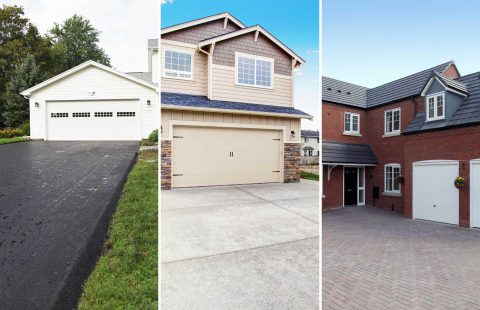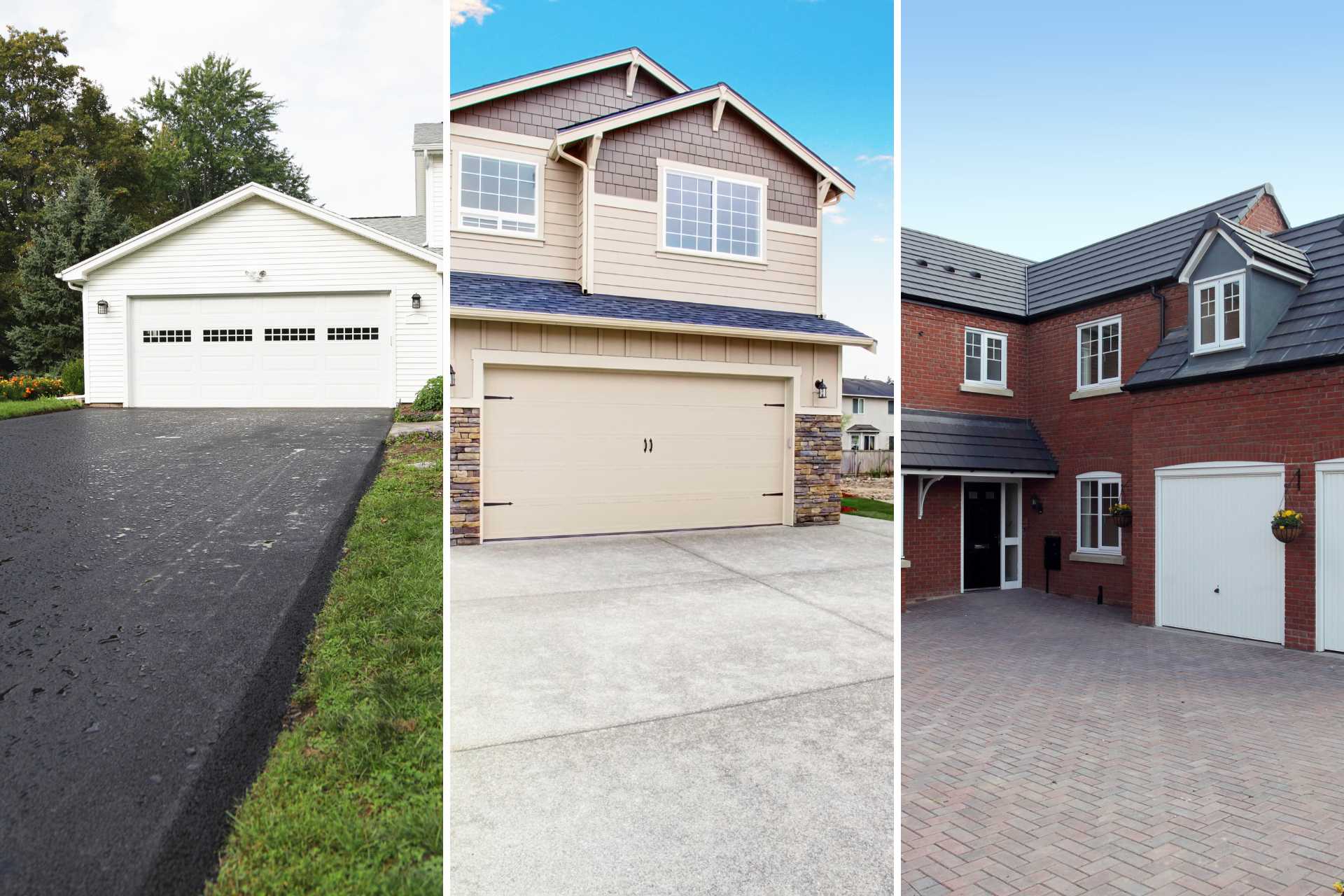Your driveway, often the first impression visitors have of your home, is not just a functional space but also an aesthetic feature that can enhance your property’s appeal and value. Understanding the lifespan of different driveway materials is crucial for making informed decisions about maintenance and renovations. Let’s delve into the characteristics and longevity of concrete, interlocking, and asphalt driveways.
Concrete Driveways: Durable Elegance
Concrete driveways are renowned for their durability and versatility. They offer a sleek, modern look that can complement various architectural styles, while also withstanding heavy loads and harsh weather conditions. With proper maintenance, a concrete driveway can last up to 30 years or more, making it a long-term investment in increasing your home’s value.
Routine sealing and occasional repairs, such as filling cracks or addressing surface imperfections, can help prolong the lifespan of your concrete driveway. Additionally, incorporating decorative techniques like stamping or staining can enhance its visual appeal and further boost your property’s curb appeal.
Interlocking Driveways: Aesthetic Appeal with Flexibility
Interlocking driveways, constructed using individual pavers or blocks fitted together like a puzzle, offer a unique blend of aesthetic appeal and structural flexibility. These driveways are highly customizable, allowing homeowners to create intricate patterns and designs that reflect their personal style.
While interlocking driveways may require more frequent maintenance compared to concrete or asphalt, such as resetting loose pavers or replenishing joint sand, their modular construction makes repairs relatively straightforward. With proper care, an interlocking driveway can last upwards of 20 years, contributing to the overall attractiveness and increasing your home’s value.
Asphalt Driveways: Affordable Efficiency
Asphalt driveways are a popular choice for their affordability and ease of installation. They provide a smooth, uniform surface ideal for driving and parking, with the added benefit of quick snow melting in colder climates. While asphalt driveways typically have a shorter lifespan compared to concrete or interlocking options, ranging from 15 to 30 years, regular maintenance can extend their longevity.
Sealing asphalt driveways every few years helps protect against moisture damage and UV radiation, preventing cracks and potholes from forming. Despite their shorter lifespan, asphalt driveways remain a cost-effective solution for homeowners looking to enhance their property’s functionality and aesthetics while increasing their home’s value.










